STEM Courses
STEM - App Creators (Project Lead the Way) - This unit will expose students to computer science by computationally analyzing and developing solutions to authentic problems through mobile app development, and will convey the positive impact of the application of computer science to other disciplines and to society.
STEM - Automation and Robotics (Project Lead the Way) - Students trace the history, development, and influence of automation and robotics as they learn about mechanical systems, energy transfer, machine automation, and computer control systems. Students use the VEX Robotics® platform to design, build, and program real-world objects such as traffic lights, toll booths, and robotic arms.
STEM - Computer Science for Innovators and Makers (Project Lead the Way) - This course will allow students to discover computer science concepts and skills by creating personally relevant, tangible, and shareable projects. Throughout the course, students will learn about programming for the physical world by blending hardware design and software development. They will design and develop a physical computing device, interactive art installation, or wearable, and plan and develop code for microcontrollers that bring their physical designs to life.
STEM - Introduction to Engineering Design and Modeling (Project Lead the Way) - Students discover the design process and develop an understanding of the influence of creativity and innovation in their lives. They are then challenged and empowered to use and apply what they’ve learned throughout the unit to design a therapeutic toy for a child who has cerebral palsy.
STEM - Introduction to Computers--This one-trimester course teaches students technology skills to be successful in their core classes. Students will build knowledge and learn new tech skills for the 21st century. Cyber safety, being a positive tech citizen, keyboarding skills, and gaining knowledge of the Google and Microsoft Suite programs will be a strong emphasis.
STEM - Medical Detectives/Crime Scene Investigation (CSI) - Fingerprints. Handwriting. Chromatography. The world of law enforcement is increasingly making use of science to better solve crimes. This course focuses on some of the forensic science techniques and practices that can be used to help solve crimes. Starting with how clues and data are recorded and preserved, students will examine how various elements of the crime scene are analyzed and processed. Students will also play the role of real-life medical detectives as they collect and analyze medical data to diagnose disease. They solve medical mysteries through hands-on projects and labs, measure and interpret vital signs, examine nervous system structure and function, and investigate disease outbreaks.






